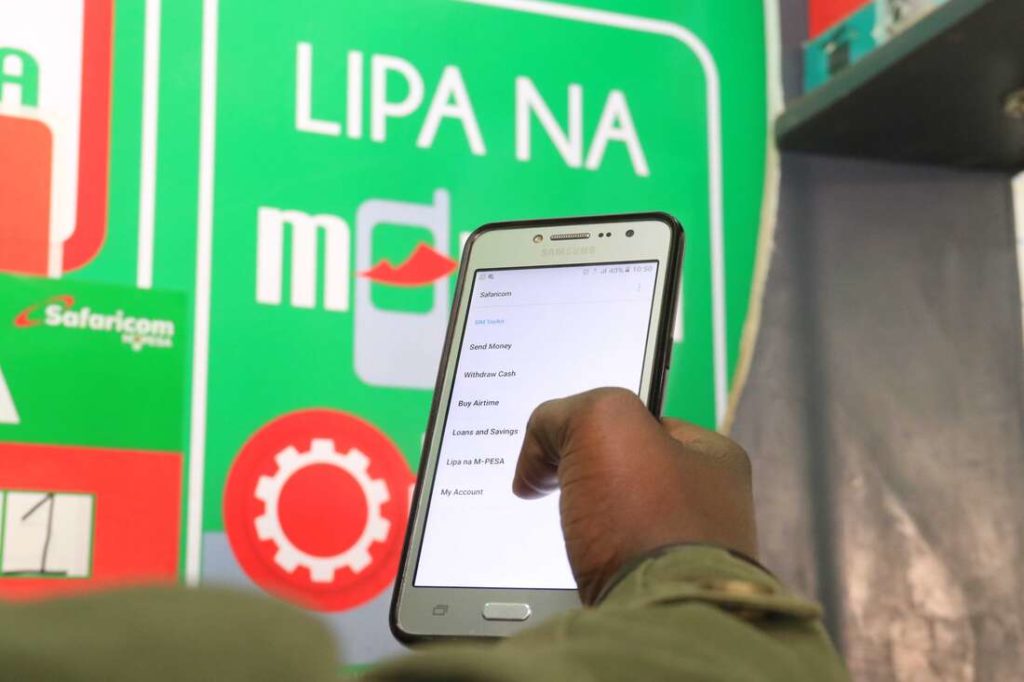Borrowings from Safaricom #ticker:SCOM overdraft service Fuliza rose by 43.6 percent to Sh351.2 billion in the financial year ended March when Covid-19 economic hardships such as layoffs and pay cuts strained households’ budgets.
Borrowings from Fuliza, which allows subscribers to transact more than the money available in their M-Pesa wallets, rose from Sh244.6 billion a year earlier.
The jump in overdrafts, translating to Sh962 million daily borrowing, emerged in a period when the economy shed thousands of jobs on the back of sluggish corporate earnings as Covid-19 control measures such as curfews and lockdowns hurt economic activities.
Safaricom data shows the number of daily active Fuliza customers doubled from 700,000 to 1.4 million during the review period.
A rise in short term borrowings— mainly to meet essential needs such as food and rent—signals the deepened debt dependence that accompanied the massive loss of income witnessed in the economy.
This came on the back KCB-Mpesa and Mshwari—which are the other Safaricom-linked mobile loan products— posted declines in value of loans and number of users.
KCB and NCBA tightened approval measures after the Central Bank of Kenya froze listing of defaulters of Sh1,000 and below in coronavirus environment.
NCBA and Safaricom in August last year also raised the minimum M-Shwari loan size four times to Sh2,000 from Sh500 in a move that boosted Fuliza popularity.
The value of KCB-M-Pesa loans fell by 56.2 percent to 51.1 billion as users declined by 1.5 million. Mshwari loans dipped by 27.1 percent to Sh94.5 billion while users shrunk by 700,000.
The increased fuliza overdrafts earned Safaricom Sh4.5 billion as revenue, being 61.3 percent more than the Sh2.8 billion earned in the preceding similar period.
Safaricom charges Fuliza customers a one-off 1.083 percent interest and a daily administrative fee that depends on the outstanding balance.The telco’s revenue from Mshwari and KCB-Mpesa was Sh3 billion, down from Sh3.1 billion in the previous period.The default rate for Fuliza overdraft is usually very low since the debt is settled instantly when the customer’s M-Pesa wallet receives money as opposed to Mshwari where customers have to be prompted to pay. Latest disclosures show that Fuliza had a repayment rate of 98.4 percent during the review period in contrast to Mshwari (53.9 percent) and KCB-M-Pesa (51.3 percent).Fuliza was introduced in 2019 and is popular among low-income earners who take small loans for their daily needs, with the debt typically settled after sales are made or wages received. The Fuliza fee […]
